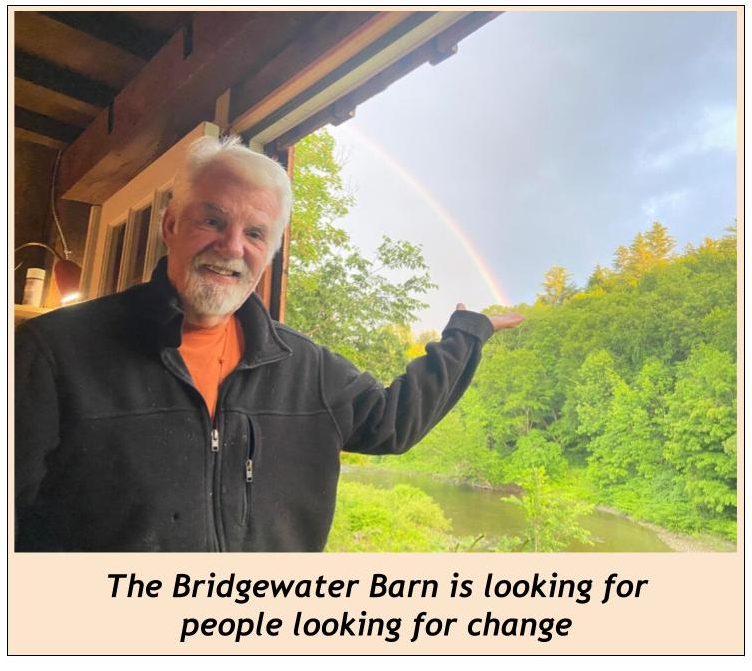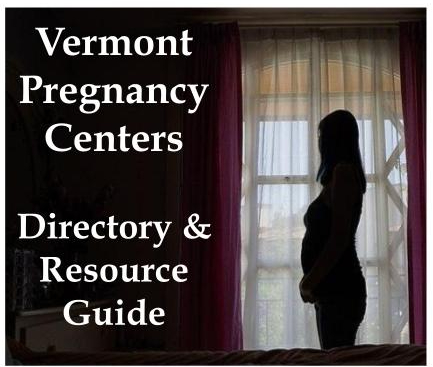
Voters around Vermont will find more than 40 articles on ballots across the state this yearthat could change the way their municipalities operate. Most of these measures relate to increasing capacity in a community, from adopting the town manager form of government, to transitioning away from elected listers and auditors, to removing policing powers from elected constables, to expanding the size of a selectboard.
The clearest indication of a community’s priorities comes in the form of a municipal budget. Vermonters in nearly every community will be asked to support municipal budgets ranging from a few hundred thousand dollars to $50 million or more in our larger cities.
There are some big infrastructure projects on the table, most notably two infrastructure bonds in Burlington totaling $50 million, a $25 million wastewater upgrade in Vergennes, a $16.7 million wastewater system in Colchester, and a package of $25 million of wastewater, road, and land acquisition projects in Montpelier. Voters in southwestern Vermont will consider supporting a $13.5 million fieldhouse. Some other notable ballot items include renovations to town offices, new public safety facilities, and, of course, dozens of fire truck, road grader, and dump truck purchases.
Voters in a handful of communities will have the chance to tackle complex social, economic, and environmental issues this Town Meeting Day. Two communities will consider adopting the Declaration of Inclusion in an effort to commit to diversity, equity and inclusion. Several communities in southeastern Vermont will consider questions related to immigration and law enforcement. Guilford will decide if it wants to be a “compassionate community.” At least nine cities and towns will consider climate related articles – including Arlington, where they set a goal of becoming carbon neutral and propose to establish a fund to do so.
Many towns will also vote on whether to provide local nonprofit service agencies with anywhere from fifty dollars to tens of thousands of dollars to help run, for example, animal shelters, ambulance services, homeless prevention programs, and substance abuse disorder programs. Some communities ask their voters to vote on each appropriation individually, leading to ballots with as many as four dozen articles.
No Town Meeting Day would be complete without a few articles debating town and village mergers (Lyndon and Poultney), advisory items on ATVs, or the naming of a snowplow.
Republished from the Vermont League of Cities and Towns Vermont Town Meeting Day 2022 Preview.
Categories: Local government






While I was a state employee a Commissioner stated in an article in the departments (at that time) news letter that we were “well on the way to using all the money allotted to the department the previous year,” and that was very important, because if we did not spend it all we would probably face cuts the next year ! Boy I wish I could run my household with the same disregard for any kind of a budget.
What I am concerned about is how towns like Shoreham have sent out letters stating no mask no vote on town meeting day. Yup, no mask they will turn you away. We plan on showing up anyway sans mask. Make them call the police on us. The powerful Condos who is quiting now that he has changed how things are done want to send out unsolicited mail in ballots. I say disenfranchised voters are a large portion of the VT populist this time around or am I repeating myself.
I still get a kick out of people suddenly interested in local real estate development opportunities when they are located NIMBY (not in my backyard; ha!) I got into so much hot water with the neighbors maybe 30 years ago when I refused to sign a petition protesting the development (private sector) behind Redstone area of Montpelier. People were concerned about “traffic” Ha! Traffic is a Code word extraordinaire! It could have been an opportunity to have multi family housing within walking distance to existing schools and expand the tax base.